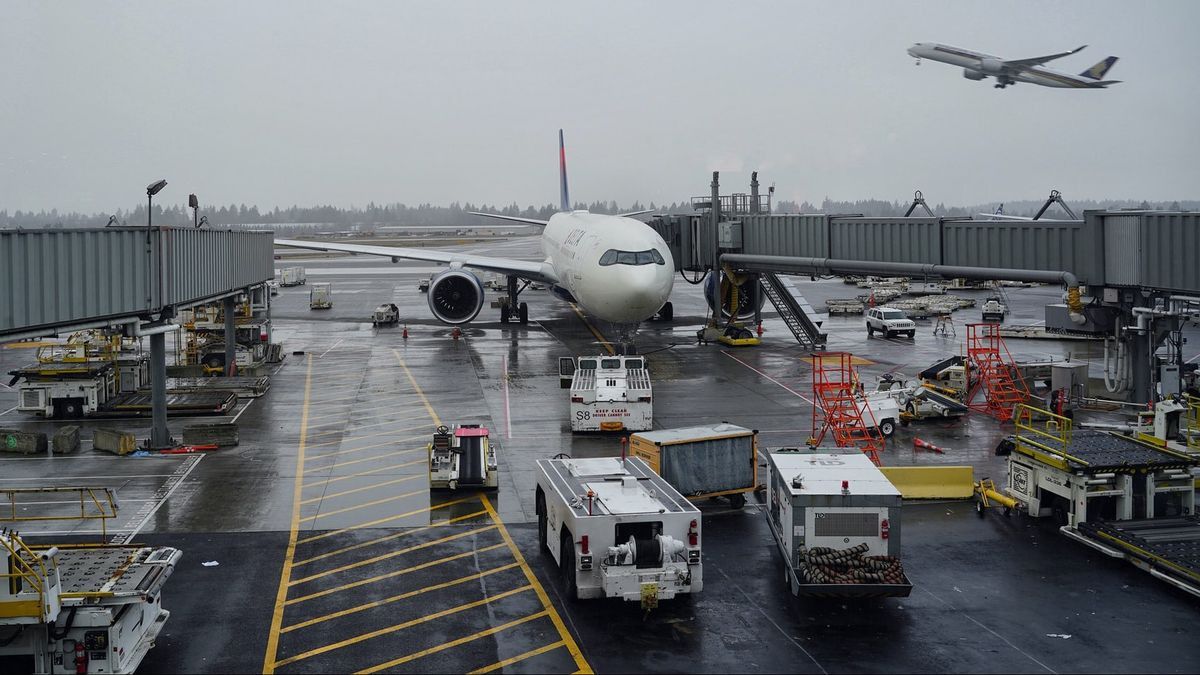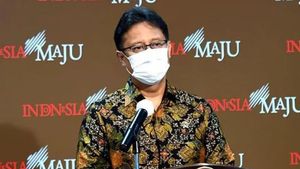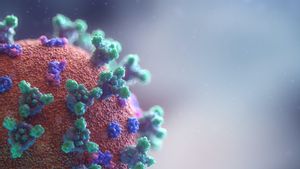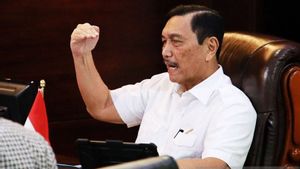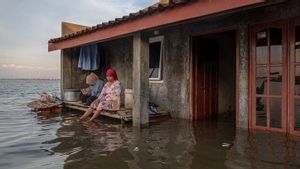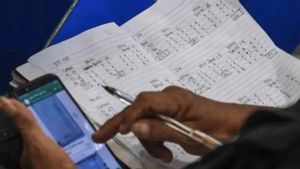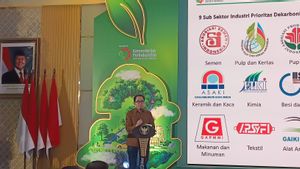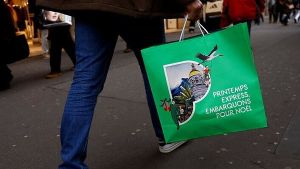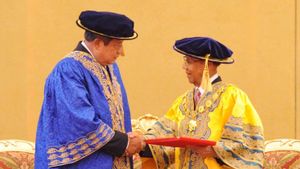JAKARTA - The government has decided that the COVID-19 vaccination card is one of the requirements for people to travel long distances in implementing the Emergency Community Activity Restrictions (PPKM) from July 3 to 20.
A spokesman for the Ministry of Transportation, Adita Irawati, admitted that her party is currently preparing technical rules for the new regulation with the COVID-19 Handling Task Force, as well as related ministries or institutions.
"The Ministry of Transportation is currently drafting a Circular to technically regulate the conditions for domestic travel and transportation, adjusting to these guidelines", Adita said in a statement, Thursday, July 1st.
In addition, the Ministry of Transportation will also issue detailed guidelines regarding PCR requirements (D-2) for aircraft, as well as antigen (D-1) for other long-distance transportation modes in emergency PPKM.
"The Ministry of Transportation as the regulator of the transportation sector is committed to helping suppress the surge in COVID-19 cases in Indonesia, including by implementing provisions regarding domestic travel and transportation during the emergency PPKM period", she said.
SEE ALSO:
The following are the complete rules for the Java-Bali emergency PPKM:
1. 100 percent work from home for non-essential sector offices
2. All teaching and learning activities are carried out online
3. For essential sector offices, a maximum of 50 percent of work from office (WFO) employees are applied with a health protocol and for critical sectors, a maximum of 100 percent of WFO employees are allowed with a health protocol.
a. The essential sectors include finance and banking, capital markets, payment systems, information and communication technology, non-COVID-19 quarantine handling hotels, and export-oriented industries.
b. The coverage of critical sectors is energy, health, security, logistics and transportation, food, beverage, and supporting industries, petrochemicals, cement, national vital objects, disaster management, national strategic projects, construction, basic utilities (such as electricity and water), as well as the industry to fulfill the basic needs of the people daily.
c. Supermarkets, traditional markets, grocery stores, and supermarkets selling daily necessities are limited to operating hours until 20:00 local time with a capacity of 50 percent of visitors. Pharmacies and drug stores can be fully open for 24 hours.
4. Shopping centers/malls/trade centers are closed.
5. The implementation of eating/drinking activities in public places (restaurants, cafes, street vendors, hawker stalls), both those located in separate locations and those located in shopping centers/malls only accept the delivery/take away and do not accept meals on the spot (dine-in).

6. The implementation of construction activities and project sites operates 100 percent by implementing stricter health protocols
7. Places of worship (mosques, prayer rooms, churches, temples, monasteries, and pagodas, as well as other public places that function as places of worship) are temporarily closed.
8. Public facilities (public areas, public parks, public tourist attractions, and other public areas) are temporarily closed.
9. Art/cultural, sports, and social activities (locations of arts, culture, sports facilities, and social activities that can cause crowds and crowds) are temporarily closed.
10. Public transportation (public vehicles, mass transportation, taxis (conventional and online), and rental/rental vehicles) is enforced with a maximum capacity setting of 70 percent by implementing stricter health protocols.
11. The wedding reception is attended by a maximum of 30 people by implementing stricter health protocols and not eating at the reception. Provision of food is only allowed in a closed place and to take home.
12. Domestic travelers using long-distance transportation modes (airplanes, buses, and trains) must show a vaccine card (at least dose I vaccine) and D-2 PCR for airplanes and antigen (D-1) for other long-distance transportation modes.
13. Masks are still worn when carrying out activities outside the home. It is not permitted to use a face shield without the use of a mask.
14. The implementation of micro PPKM in the red zone is still in effect.
The English, Chinese, Japanese, Arabic, and French versions are automatically generated by the AI. So there may still be inaccuracies in translating, please always see Indonesian as our main language. (system supported by DigitalSiber.id)
